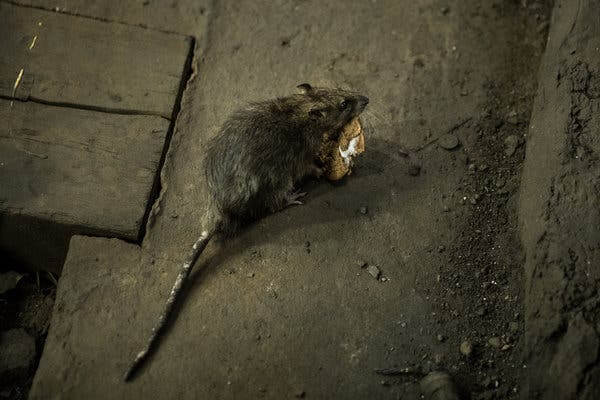Rat infestations are amongst the most frequent problems in London and the cities around. These rodents are attracted to human dwellings and can plague both our homes and our workspaces as they provide them with sufficient food and water sources, as well as shelter. As our “roommates”, rats tend to breed quicker than usual, and a pair of two can quickly rise to hundreds, provided they remain unnoticed. Even though these rodents have been a pain for us for decades, in times of pandemic, they become an even bigger issue. Here’s how:
How the pandemic influences rat infestations in London
Since the inception of the COVID-19 and the following quarantine, human behaviour has changed drastically. Currently, we spend most of our time indoors, rather than on the streets, which results in a significant decrease in the rubbish that is available for the rodents to scavenge in search of food. Yes, this has a very positive impact on the environment but it also endangers our homes, as they are the second places where rats and mice will look for food. Moreover, our dwellings provide sufficient protection against nature’s elements. And since rats are no longer disturbed by the human presence outside, it becomes more common to see large groups of them running about the city, even during the day.
And rats don’t discriminate when attacking a human dwelling. They will scavenge through any garden or house as long as there’s the promise to find food. And they get bolder by the day, which is why more and more infestations get reported.
Will rats spread COVID-19?
This is the natural question that follows and one we get asked quite frequently these days. Increased infestations aside, rats can become even more dangerous to humans. Although the initial coronavirus was not transmitted via animals, the reports on further strains of the virus show that animals such as cats and dogs become increasingly able to be infected. There are records showing that COVID-19 is able to infect mice, which means that rats will quickly follow in the future. This means that a potential rat infestation can increase the risk for your family and business.
It is not unwise to avoid a rat problem altogether and keep these rodents far from your house. If rats have already invaded your home, the quickest and safest way to handle them is to call a local rat exterminator from London. However, don’t just sit and wait for the trouble to come knocking on your door as there are a number of preventative measures that you can take.
How to prevent a rat infestation
A professional rat extermination service may be costly and some people will choose the road of DIY treatments. Here are some tips to get the best of your efforts to get rid of rats:
- Inspect your home first – preserve your “bullets” and use rodenticides only after you’ve completely checked the property. Investigate where the problem originates from: do you see any holes behind your furniture, are there any broken pipes or open crevices in the structure of your home? Find the entry points of rats, as well as their hideouts, and make sure to place bait stations and poison around those areas first. Make sure to check every centimetre of your home in search of holes, cracks and crevices that can be used by the rodents.
- Protect all food – be it pets’ or yours, food must be well sealed and protected from rodent’s eyes and noses. Unattended food is the number one culprit behind most infestations, so do the extra effort to seal your food well and tuck it in the fridge or inside cabinets.
Keep the hygiene levels high – your trash, food leftovers and dirty dishes will also attract the vermin quicker than you can say “Rats!”, so make a point to frequently attend to those little chores.
